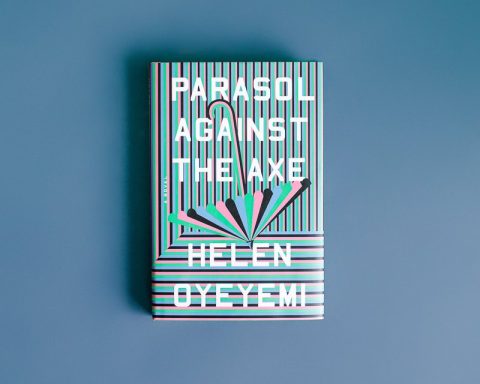
Synopsis
A searing, beautiful novel meditating on war, violence, memory, and the sufferings of the Palestinian people
Minor Detail begins during the summer of 1949, one year after the war that the Palestinians mourn as the Nakba―the catastrophe that led to the displacement and exile of some 700,000 people―and the Israelis celebrate as the War of Independence. Israeli soldiers murder an encampment of Bedouin in the Negev desert, and among their victims they capture a Palestinian teenager and they rape her, kill her, and bury her in the sand.
Many years later, in the near-present day, a young woman in Ramallah tries to uncover some of the details surrounding this particular rape and murder, and becomes fascinated to the point of obsession, not only because of the nature of the crime, but because it was committed exactly twenty-five years to the day before she was born. Adania Shibli masterfully overlays these two translucent narratives of exactly the same length to evoke a present forever haunted by the past.
Editorial Reviews
Review
– 4Columns
“Like an affidavit in its egalitarian specificity―every detail of every character’s action is accounted for, and therefore scrutinized. A starkly poetic accounting of a crime, its burial, and its exhumation.””
– Alia Persico-Shammas, Community Bookstore
“In Adania Shibli’s subversively quiet, compelling Minor Detail, threads of connection are embodied in a young woman’s quest to find almost erased history. Written in spare, careful language (praise also to translator Elisabeth Jaquette), Shibli helps reclaim what would be obliterated by forces actively at work yet today, doing so with a narrative masterfully carrying both surprise and inevitability within. This book has devastation and loss to a shattering, wrenching degree, and yet. Yes, and yet.”
– Rick Simonson, Elliott Bay Book Company
“Shibli has created a powerful set of dual heroines, women wracked with disquiet and violence, resisting the frames that have first, been chosen for them, then denied to have ever existed. This is an astonishing, major book.”
– John Freeman, Lithub
“An intense and penetrating work about the profound impact of living with violence―Shibli’s work is powerful and this translation by Elisabeth Jaquette is rendered with exquisite clarity and quiet control.”
– Katie da Cunha Lewin, Los Angeles Review of Books
“Startling, cinematic: Shibli’s masterly, acidic work of subtle symbolism and plot symmetry gives no access to the thoughts of the Israeli soldiers or their victim, making the Palestinian woman’s subsequent first-person narration all the more arresting. This is a remarkable exercise in dramatizing a desire for justice.”
– Publishers Weekly
“Exquisitely powerful: though focused on the finest details―flakes of rust against skin, the softness of grass―Shibli takes readers to the center of a family and a culture, using the same careful, dispassionate observation to report everyday events like the father’s shaving as she does to depict the death of a sibling in area violence. Like a great volume of poetry, Shibli’s prose has rhythm and unexpected momentum, and cries for rereading.”
– Publishers Weekly
“The terror Shibli evokes intensifies slowly, smouldering, until it is shining off the page…The book is, at every turn, dangerously and devastatingly good.”
– The Guardian
“Palestinian Adania Shibli’s cinematic novel stages a return of the repressed on a national scale by reposing an atrocity committed by Israeli soldiers in the Negev region in 1949. An unflinching account of violence and dehumanisation―Shibli breaks new ground. She uses a lyrical, intensely sensory mode to describe how we identify with figures from the past, and especially the restless dead. Brutal, hypnotic and haunting.”
– Mireille Juchau, The Monthly
“What links these two stories? Borders, of course, but also some weird echoes. The woman from Ramallah sneaks into Israel to find out more, for there may be ‘nothing more important than this little detail, if one wants to arrive at the complete truth.’ Shibli delicately suggests that the ‘complete truth’ of the crime [in Minor Detail] might never be found out, that perhaps the details in the two stories mirror each other because the past isn’t even past.”
– Yu Miri, The New York Times Book Review
About the Author
Adania Shibli was born in Palestine in 1974, holds a Ph.D. from the University of East London, and has published three novels in Arabic. She splits her time between Berlin and Jerusalem.
Elisabeth Jaquette is a translator from the Arabic and Executive Director of the American Literary Translators Association (ALTA).
Elisabeth Jaquette is a translator from the Arabic and Executive Director of the American Literary Translators Association (ALTA).








